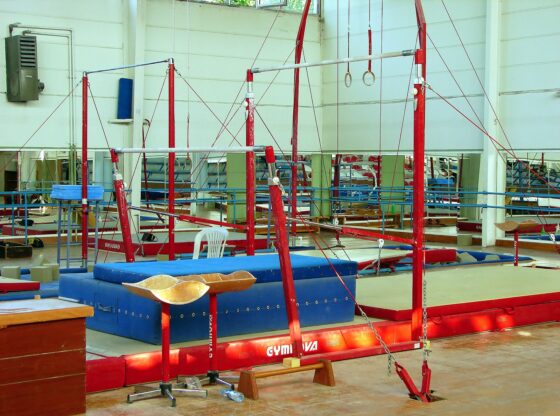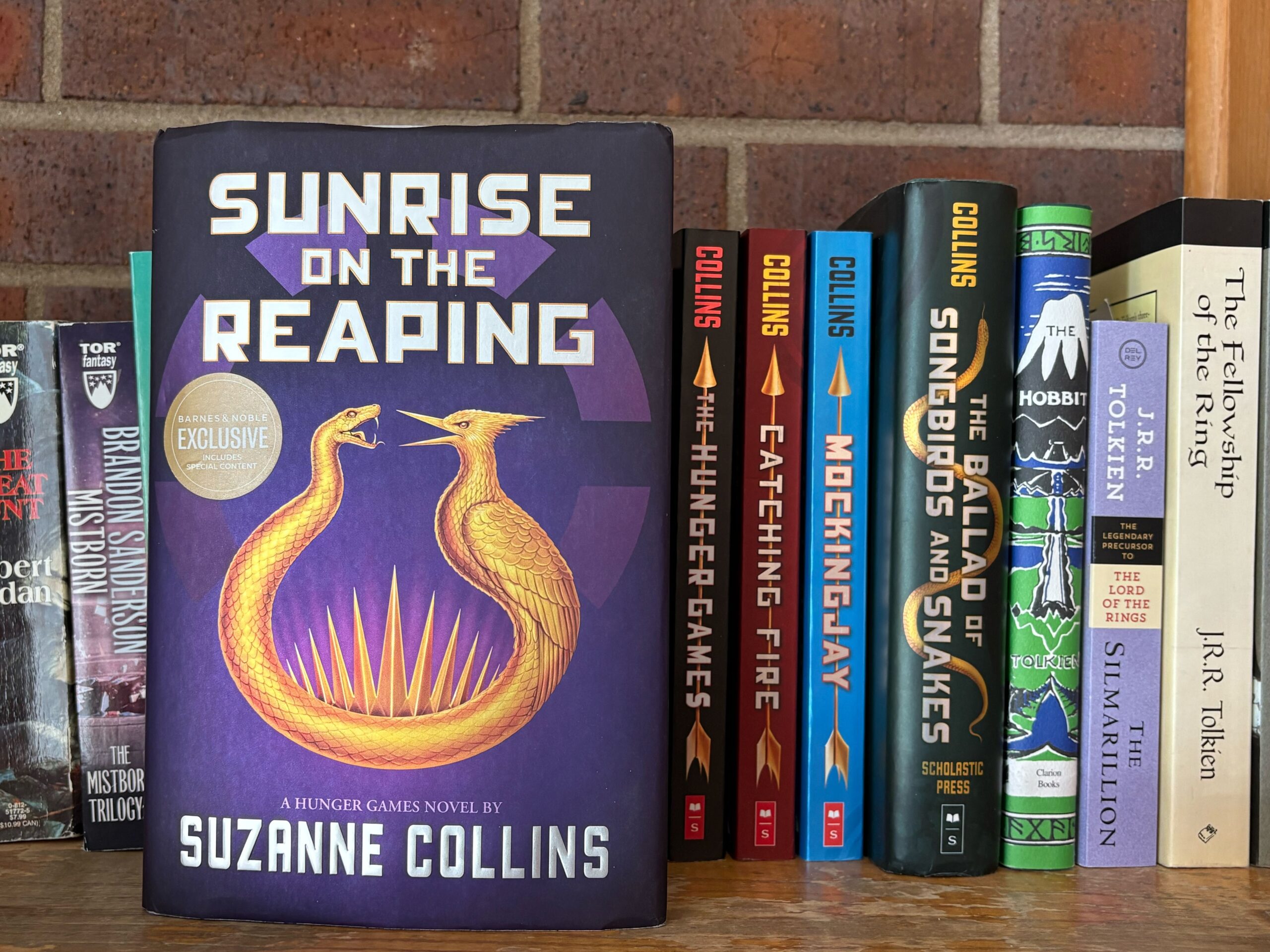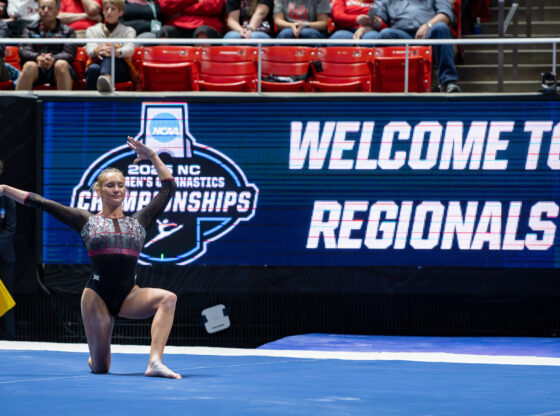What do you get when you put ten college students, hundreds of condoms and Dr. Drew Pinsky in a room? Although it sounds like the beginning to a terrible, more-than-obvious joke, it’s actually the beginning of one lively discussion about relationships and sex in college, media and school administration censorship, and the working minds of a young “hook-up” culture.
This weekend, I was invited to partake in a Trojan college roundtable in Austin, Texas, with 10 other college editors and columnists from Texas, Tennessee, Oklahoma, Kansas, New Mexico and Georgia. Pinsky moderated the roundtable discussion and encouraged talk about student health and how the media, especially in a college medium, portrays that.
The majority of students of those schools said they were sexually active – in their writing, that is. They said their public institution is open to sex columns, information about sexually transmitted diseases and safe sex, while some private schools, DU included, hasn’t yet opened up to the idea.
Tres Savage, managing editor of the Oklahoma student newspaper, said that his school thrives on reaction. During National Condom Week in February, they taped a condom to the front page of every one of their 10,000 newspapers.
He suggested that newspapers should take advantage of an open forum and the power of written persuasion to push boundaries and get the point across that sexual health is important and should be addressed on college campuses. The students addressed the fact that so many people are nervous to print or read anything dealing with sex. But students need the information and they need to be safe, they argued.
A health columnist from New Mexico, Samara Alpern, talked about an article she recently wrote about Human Papillomavirus Infection (HPV), a sexually transmitted disease which can lead to cervical cancer in women.
HPV affects more than half of sexually active men and women acquire genital HPV infection at some point in their lives. By age 50, at least 80 percent of women will have acquired genital HPV infection. Although a vaccine has been created, in association with research at the University of New Mexico Albuquerque, it has not been approved and released yet, partly because some argue that there should not be vaccinations against STDs.
Students also talked about the difference between men and women in dealing with relationships and sex. Pinsky said that one of his favorite explanations of the gender difference was that the human male is like a black box with a switch in it and a woman is similar to the flight deck of a 747. Pinsky said that women are turned on by conversation because they feel it is more intimate, while males are aroused by any form of physical connection.
Students also addressed the term “hooking up” and a lack of college-age dating. College kids rarely date, they say, and hooking up is a premediated, yet casual, interaction.
“A lot of the guys try to get with freshmen girls since they are easy,” said Ramon Ramirez, a University of Texas editor. Although the everyone laughed, they all agreed it was true.
Especially in an environment where many students hook-up, they should be smart enough to be protected. Kansas sex columnist Courtney Hagen said that girls mostly depend on guys to have protection and if a guy doesn’t mention it, then the girl won’t either. This is what needs to change.
Pinsky, the host of nation-wide radio call-in show called “Loveline” and of a Discovery Health Channel show about everyday sexual issues, advices people all over the country about sexual health, lasting relationships and trying to get over voids people attempt to fill by using sex, drugs and alcohol.
“Being on television and radio really makes me conscious of the pressures on people on the First Amendment,” Pinsky told the students.
“It must be hard for you.”











